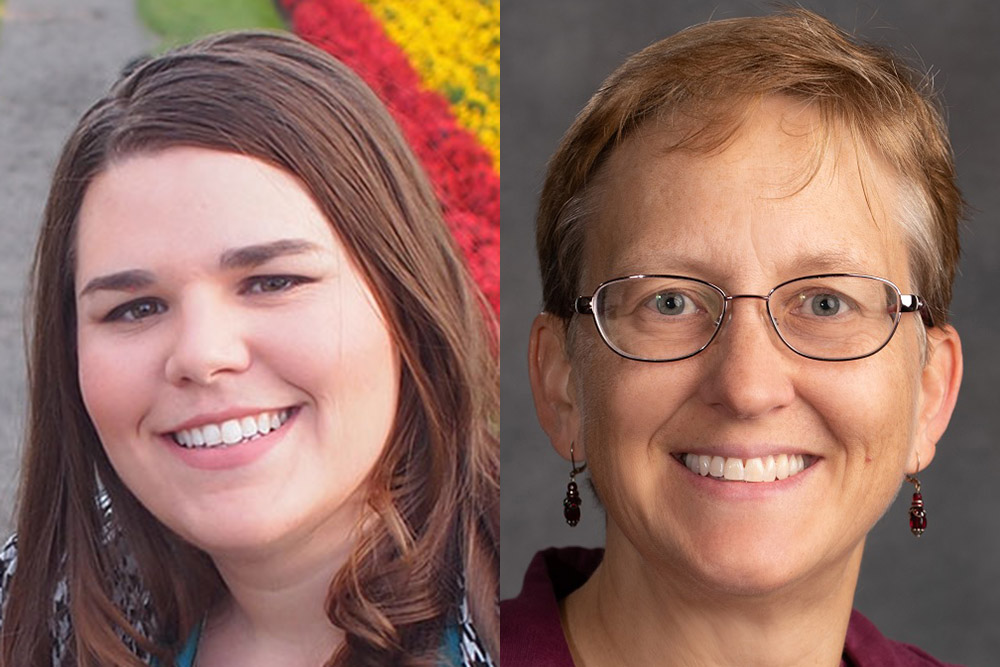Calendar Icon
Jul 20, 2020
Person Bust Icon
By J.S. Engebretson
![]() RSS
Submit a Story
RSS
Submit a Story

The alarming spread of the COVID-19 pandemic this spring spurred a national emergency, including announcements from universities that all courses taught in classrooms would now be delivered remotely for the rest of the semester. This requirement meant that faculty had no choice but to change their teaching practices immediately.
It soon became apparent that very little research had been conducted concerning teaching in a crisis, especially forced changes. For faculty in the Engineering Education Research program, this provided a unique, one-time opportunity to study how crisis-induced changes to instruction influence faculty's teaching experience.
Grace Panther, assistant professor of Engineering Education in the Department of Civil and Environmental Engineering, and Heidi Diefes-Dux, professor of Engineering Education in the Department of Biological Systems Engineering, responded quickly to a National Science Foundation (NSF) solicitation for RAPID response funding and promptly received a one-year, nearly $200,000 grant to enable real-time documentation of faculty experiences in the College of Engineering during the COVID-19 mandate to teach remotely (online).
"Historically, instructors have been slow to align their teaching with current best-practices; it is very rare that something prompts rapid adaptation," Panther said, "so documenting these changes is groundbreaking."
Panther and Diefes-Dux believe the challenges instructors faced this spring may mark a critical juncture in how university courses are taught in the future and how faculty view teaching and their students. For instance, there may be a shift away from the traditional lecture-homework-exams course structure.
As part of the NSF grant, more than 50 engineering faculty were extensively surveyed. A subset of these faculty, in additional to instructional staff, also participated in interviews. The surveys and interviews touched on aspects such as emotions, community involvement over time, interactions with colleagues, and use of teaching and learning resources.
"We are analyzing our current data now and will roll out surveys in the Fall to continue tracking this unfolding situation," Panther said.
Initial results indicate that, especially during the first few weeks, engineering faculty spent additional time collaborating with their peers and learning remote instructional strategies, Panther noted. Faculty spent less time on these activities as the semester wore on.
Eventually, Panther and Diefes-Dux will share their data via professional papers, make recommendations for policy makers and for colleges and universities, and submit a larger grant to continue this research. Results of this study will help future efforts to build faculty’s sense of community around teaching.
“This crisis has impacted education around the world, especially in terms of remote learning and individualization,” she added. “We envision our work contributing to the global conversation.”
Submit a Story